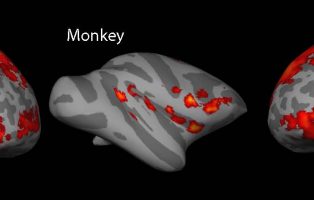van Hout, Angeliek
NIAS-Lorentz Theme Group Coordinator

Exploring Late Language Development in School-Aged Children
Research Question
Which complex language elements feature in the language of school? Is there a discrepancy between the language used in math problems and text comprehension and children’s late language acquisition?
Project Description
Fifty years of cross-linguistic research of first language acquisition research has established many milestones in early acquisition, most of which are typically reached before the age of 5 or 6. Since then the field has been moving towards more complex language phenomena, and found that, at school-entry age, various aspects of semantics (sentence meaning) and pragmatics (meaning in context) have not yet been fully acquired. This project reviews the state-of-the art in research on late language acquisition and contrasts this with the language of school as used in math problems, text comprehension and testing and assessment.
Selected Publications
Santin, M. , van Hout, A. & Flecken, M. 2021. Event endings in memory and language. Language, Cognition and Neuroscience.
Martin, F., Demirdache, H., García del Real, I., van Hout, A. & Kazanina, N. 2020. Children’s non-adultlike interpretations of telic predicates across languages. Linguistics. 5, 1447-1500.
van Hout, A. 2018. On the acquisition of event culmination. In Kristen Syrett and Sudha Arunachalam (Eds) Semantics in Language Acquisition, 95-121. Amsterdam: John Benjamins Publishing Company. Trends in Language Acquisition Research series. doi.org/10.1075/tilar.24.05hou
-

-
 Fellow
FellowArche, María J.
-

-
 Fellowship
FellowshipNIAS-Lorentz Theme-Group Fellowships